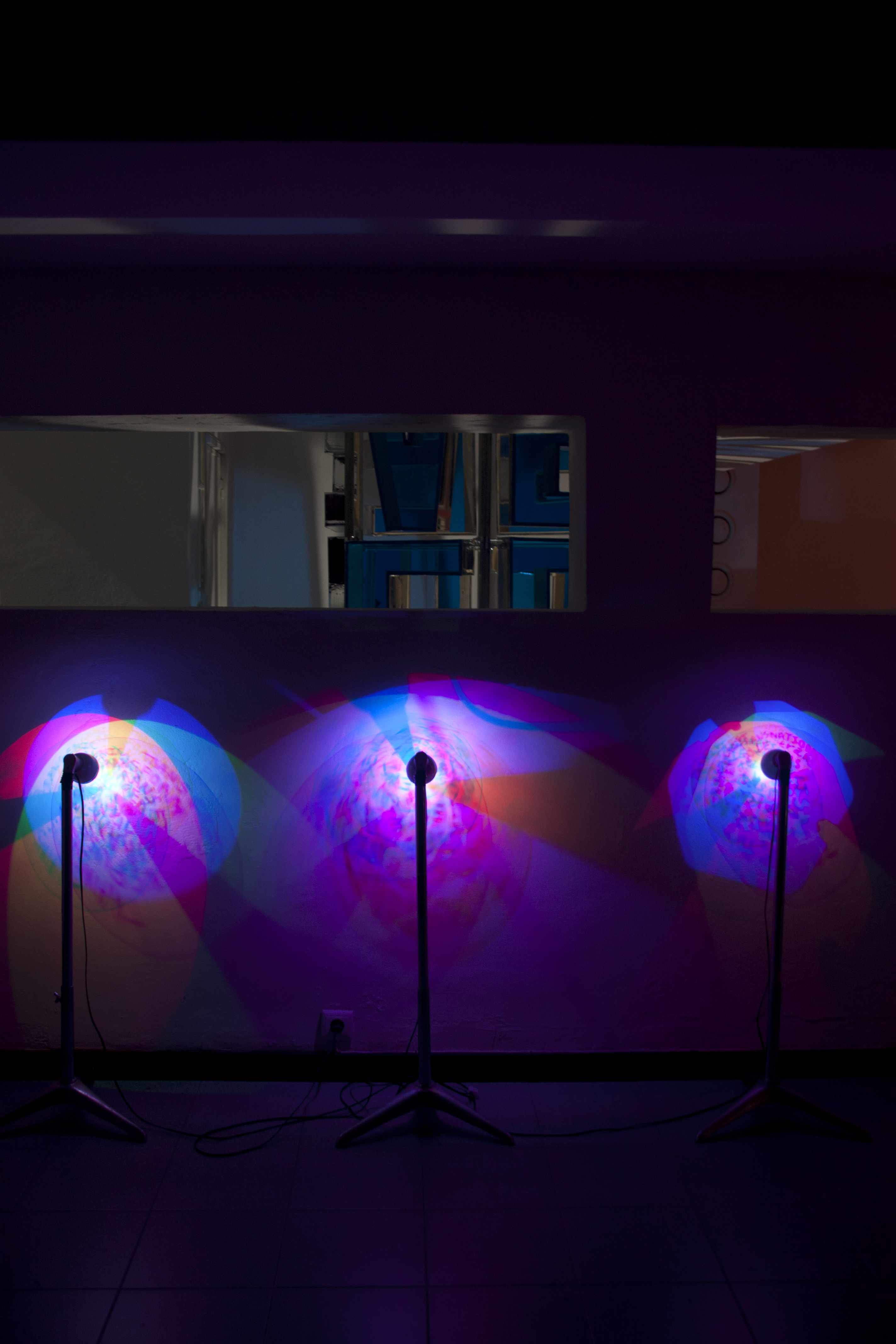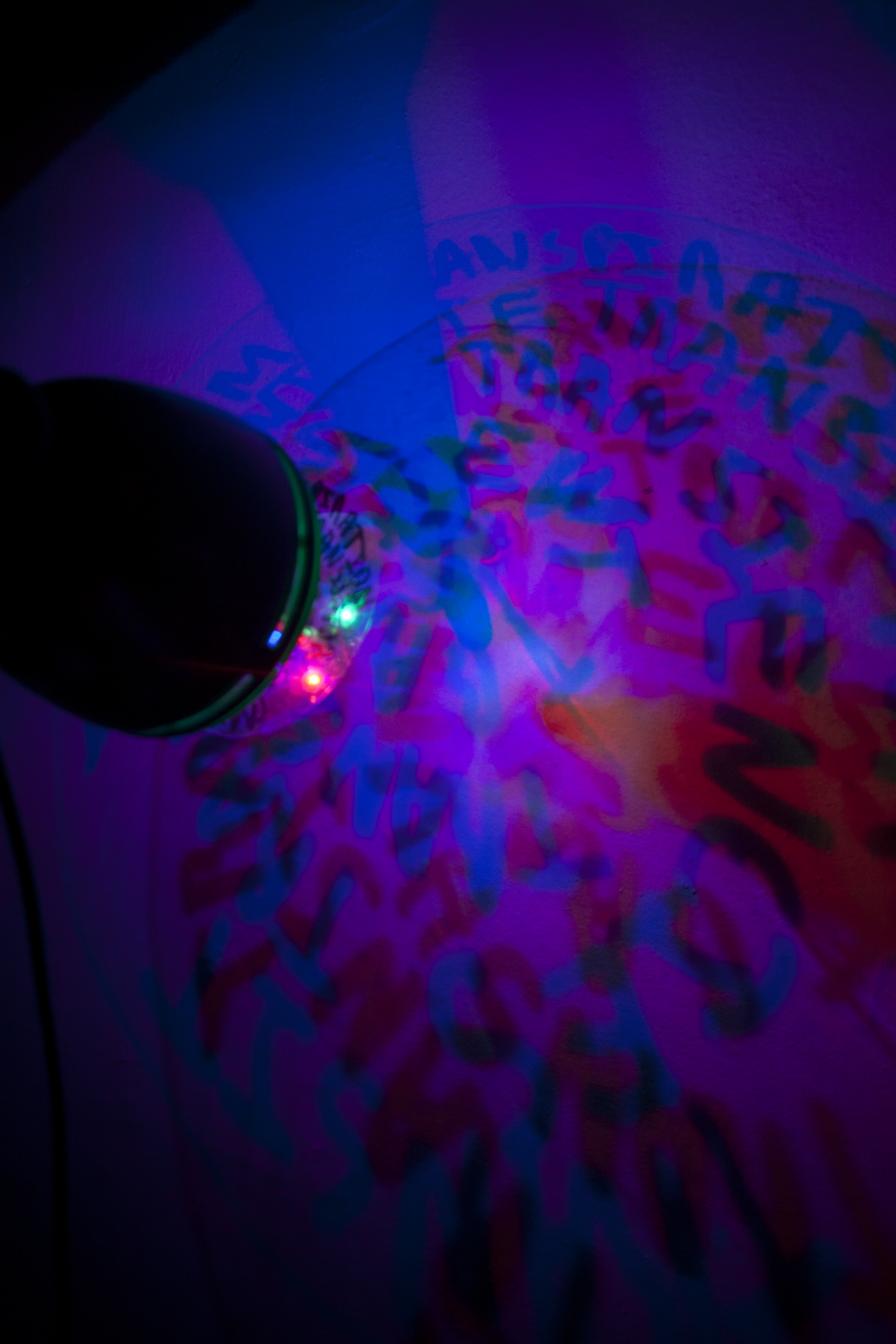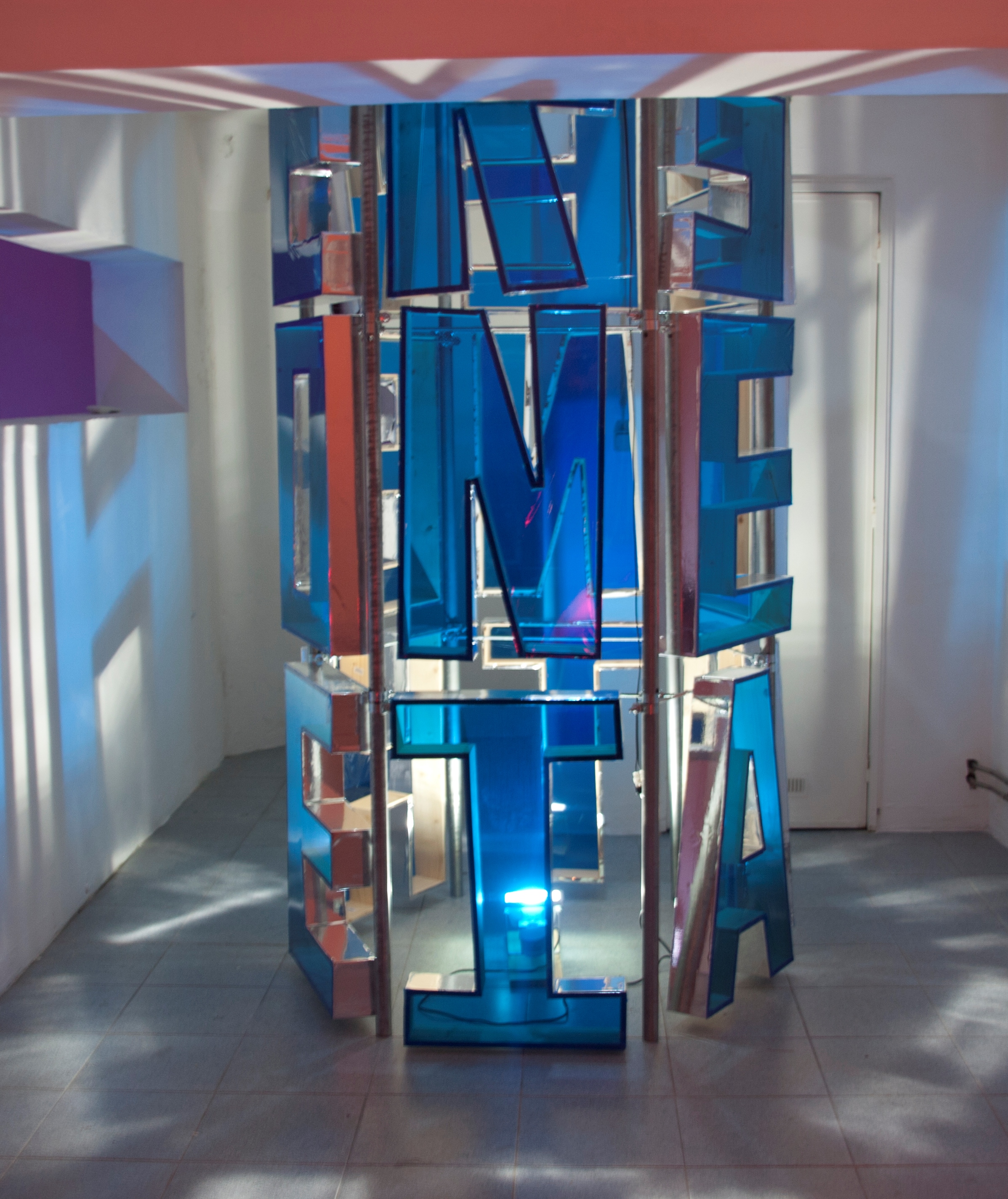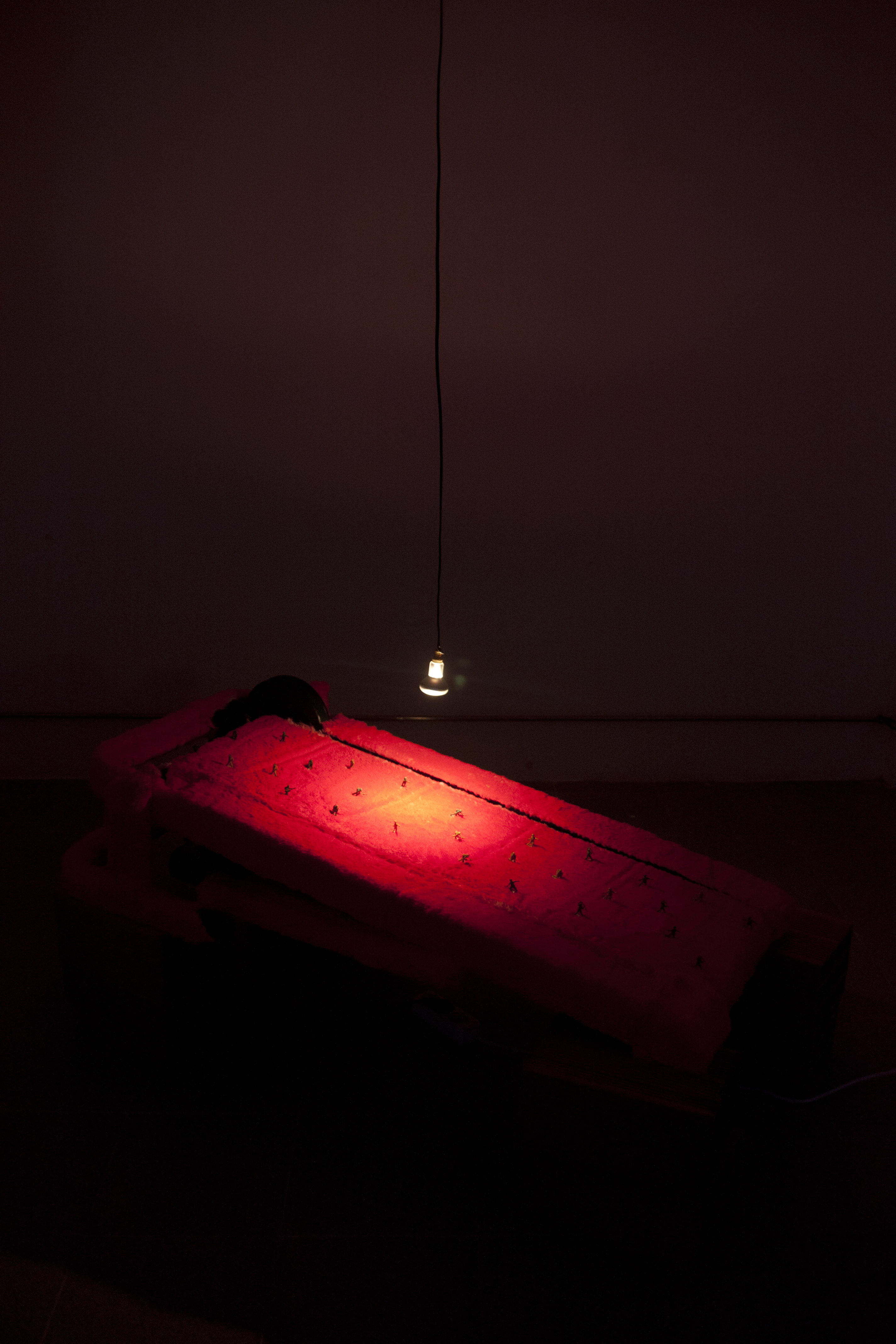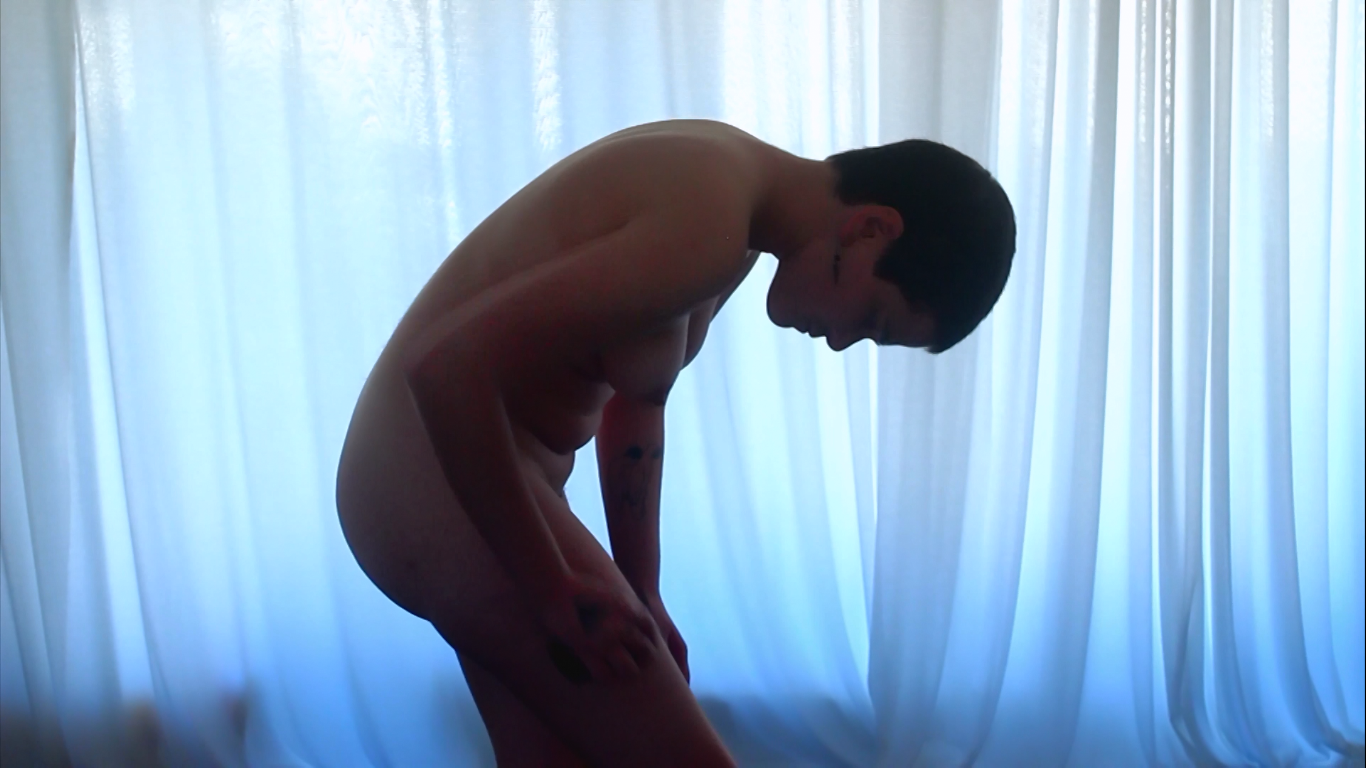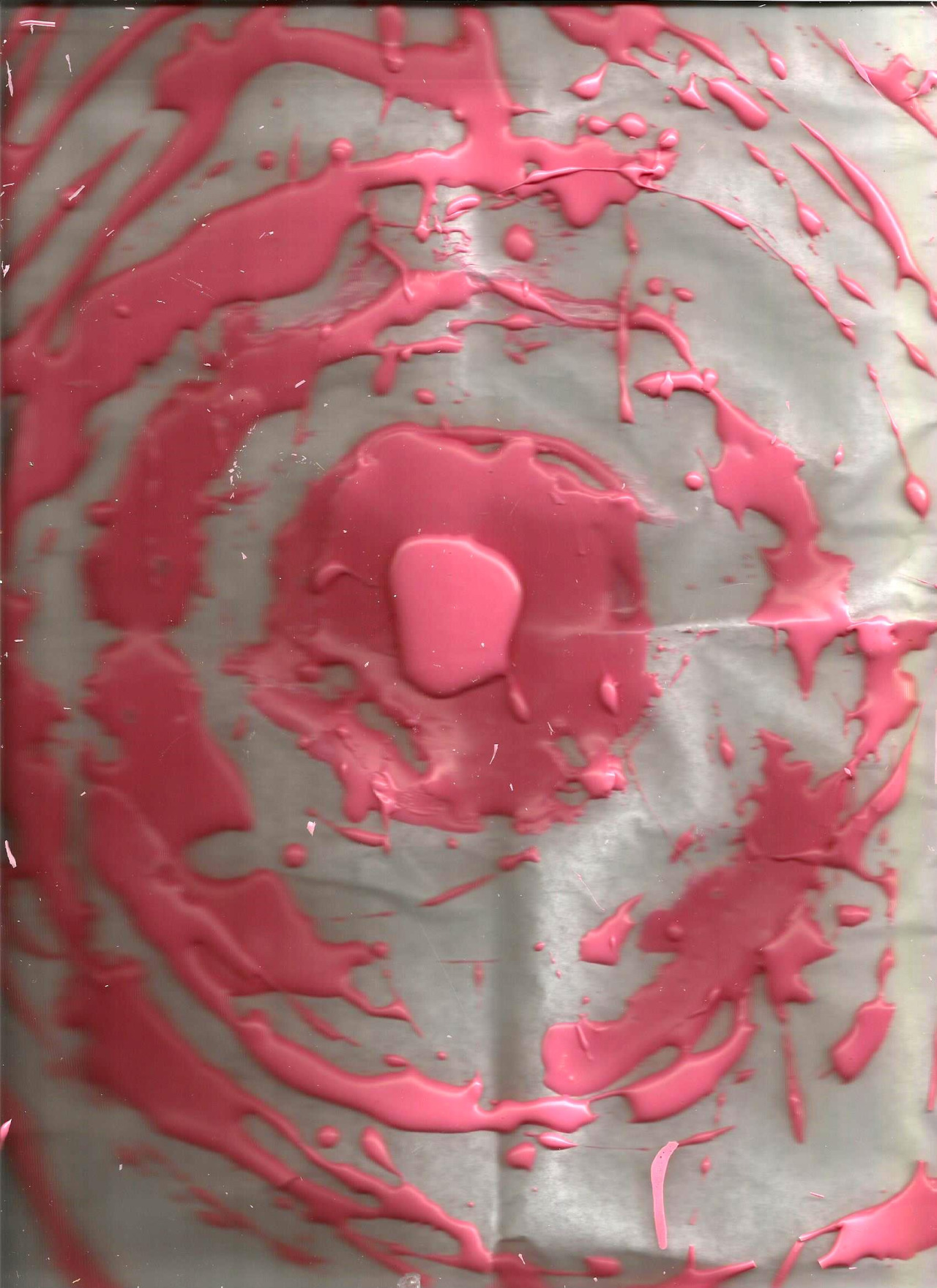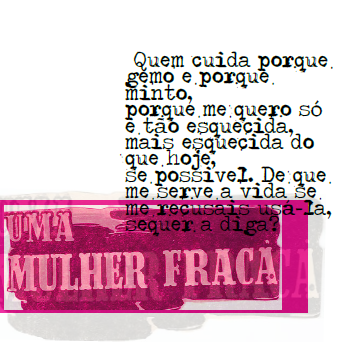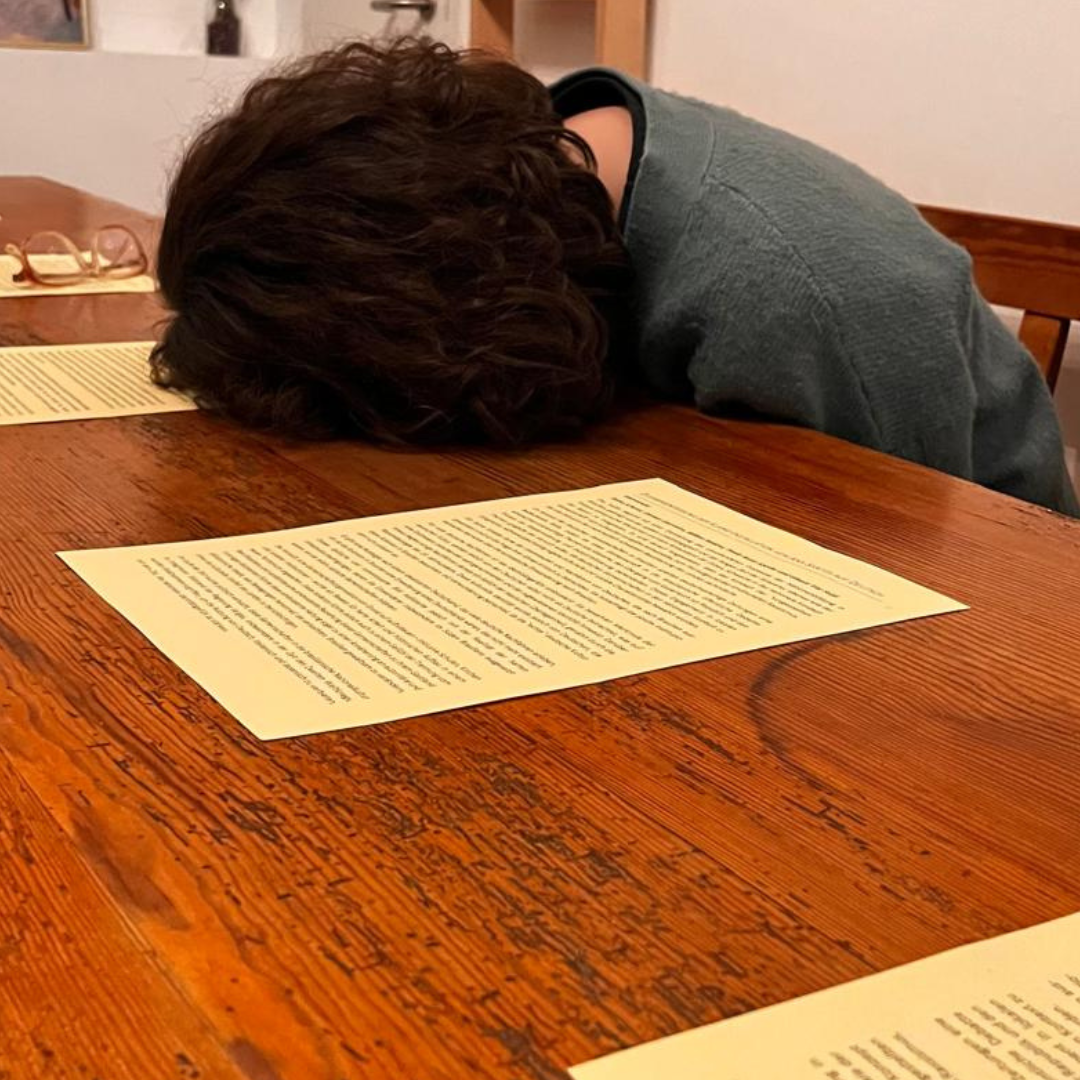
Ein Stück Land
(1) In the Ein Stück Land installation, the kitchen stands out as a space for dialogue and debate, referencing the role of Brazilian kitchens, where gatherings around the table foster discussion and the sharing of various topics. In a non-linear conversational tone, the work reflects on German migration to Brazil, with the voices of five people who can be heard through the kitchen table. These voices offer complementary perspectives on the subject. The interviews intertwine the viewpoints of Telma Schrader (a writer with a family history of German migration), Carmen Miranda (a Brazilian historian residing in Berlin), Willian Radüz (a researcher in the field of linguistics between Portuguese and German), Paulo Soethe (an academic specializing in literary influences in German-Brazilian relations), and Glauco Vaz Feijó (an academic specializing in Brazilian migration to Germany). Together, these voices address issues such as the impact of the modernization project on the displacement and assimilation of inhabitants, the role of emigrants in political transformations, and the forms of resistance that have emerged over time.
(2) In the hall, a mound of soil is presented, with the voice of Gustavo Gusmão reciting a text written by me, inspired by the ideas of Bruno Latour, particularly from his book Down to Earth: Politics in the New Climatic Regime. The text reflects on the notion of a “common ground” and the existential and political crisis we face due to the loss of a shared space.
This reflection connects with Carmen Guerreiro’s statement in the audio heard in the kitchen: “We are all looking for a safe land. But where is this land?”. Considering the political, environmental, and migratory contours generated by these changes — not only of human beings, but also of other species — the installation proposes a critical reflection on the ongoing modernization project, whose consequences remain unpredictable.
Audio Interviews (1) : Click Here
Fabulative audio Ein Stück Land (2): Click Here
(1) In the Ein Stück Land installation, the kitchen stands out as a space for dialogue and debate, referencing the role of Brazilian kitchens, where gatherings around the table foster discussion and the sharing of various topics. In a non-linear conversational tone, the work reflects on German migration to Brazil, with the voices of five people who can be heard through the kitchen table. These voices offer complementary perspectives on the subject. The interviews intertwine the viewpoints of Telma Schrader (a writer with a family history of German migration), Carmen Miranda (a Brazilian historian residing in Berlin), Willian Radüz (a researcher in the field of linguistics between Portuguese and German), Paulo Soethe (an academic specializing in literary influences in German-Brazilian relations), and Glauco Vaz Feijó (an academic specializing in Brazilian migration to Germany). Together, these voices address issues such as the impact of the modernization project on the displacement and assimilation of inhabitants, the role of emigrants in political transformations, and the forms of resistance that have emerged over time.
(2) In the hall, a mound of soil is presented, with the voice of Gustavo Gusmão reciting a text written by me, inspired by the ideas of Bruno Latour, particularly from his book Down to Earth: Politics in the New Climatic Regime. The text reflects on the notion of a “common ground” and the existential and political crisis we face due to the loss of a shared space.
This reflection connects with Carmen Guerreiro’s statement in the audio heard in the kitchen: “We are all looking for a safe land. But where is this land?”. Considering the political, environmental, and migratory contours generated by these changes — not only of human beings, but also of other species — the installation proposes a critical reflection on the ongoing modernization project, whose consequences remain unpredictable.
Audio Interviews (1) : Click Here
Fabulative audio Ein Stück Land (2): Click Here
2024 Audiovisual Installation
Concept and text Ana Santos
Artistic Assistance, Textual interpretation and Voice Gustavo Gusmão
In context of the event “ 200 Jahre Deutsche Einwanderung in Brasilien”
organized and presented in Forum Brasil, Berlin
Concept and text Ana Santos
Artistic Assistance, Textual interpretation and Voice Gustavo Gusmão
In context of the event “ 200 Jahre Deutsche Einwanderung in Brasilien”
organized and presented in Forum Brasil, Berlin






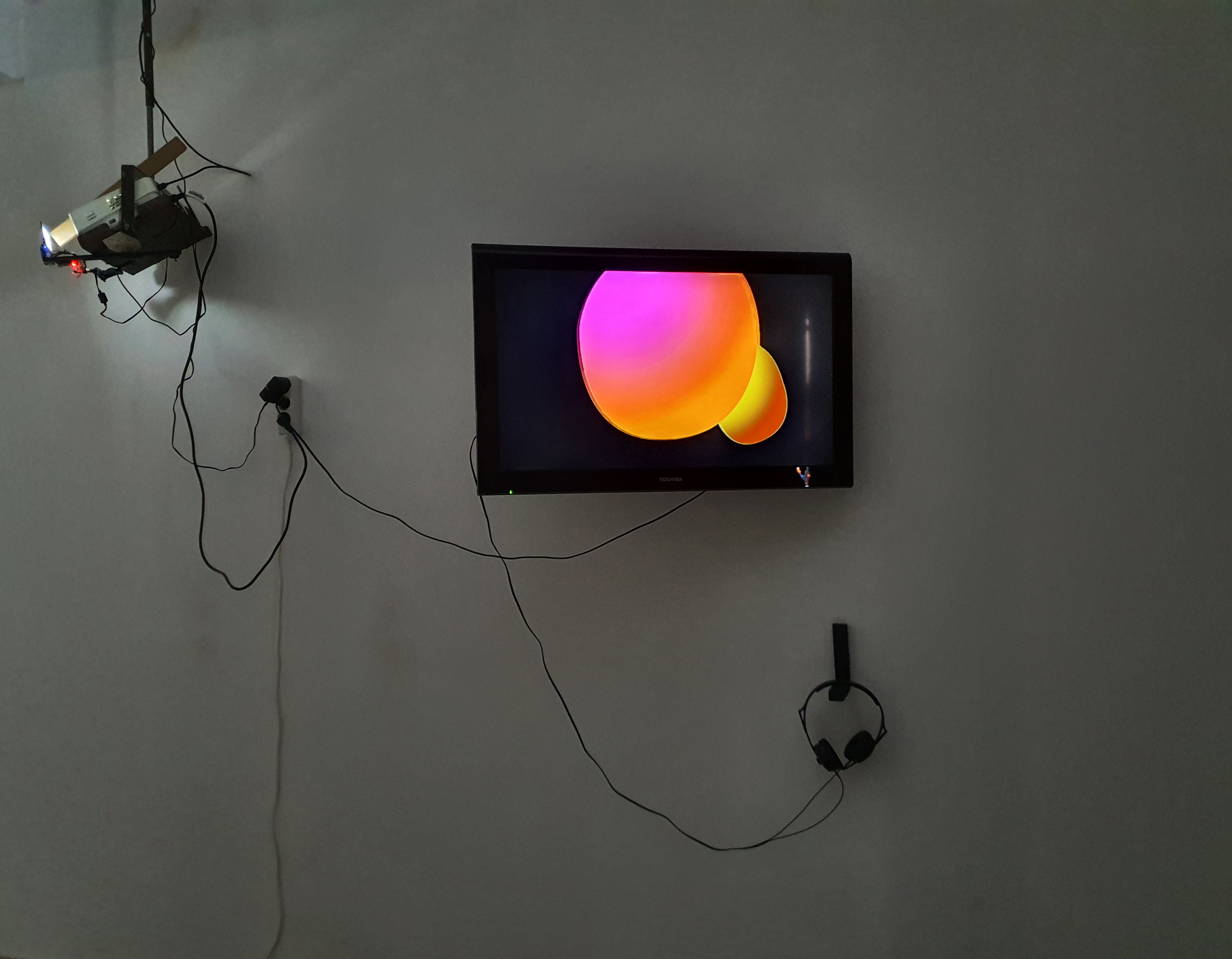
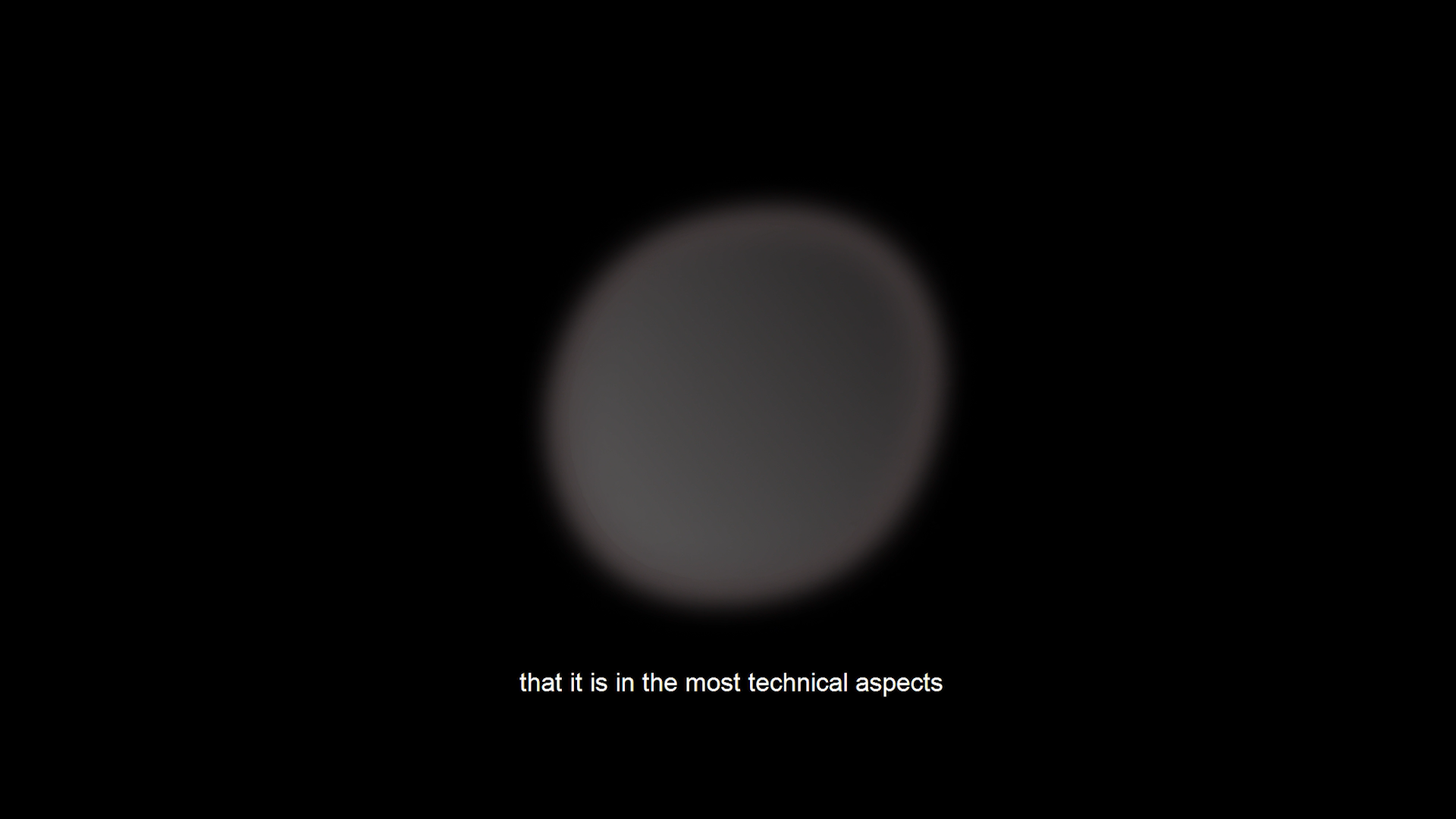

Bodies of Experience
Bodies of Experience is an audiovisual installation that unfolds through a long-term collaboration with Paula and her training to run again—an amputee woman and founder of ANAMP (Associação Nacional de Amputados). Born from fieldwork and performative co-creation, the project explores how prosthetic embodiment generates new forms of presence, identity, and resistance. It reflects on the prosthesis as a relational thing—both intimate and political—that reconfigures how the body inhabits space, memory, and time.
Drawing from a hybrid methodology between contemporary art and anthropology, Bodies of Experience investigates the sensory, affective, and rhythmic entanglements between the organic and the technological. The installation weaves together video, sound, and personal testimony to compose a landscape of divergent corpoability, where looking, slowness, and the juxtaposition of elements become modes of radical attention.
Rather than offering a definitive narrative, the work invites the viewer into an open, porous dialogue—a space to feel with, rather than look at. In doing so, Paula’s training exercises resist dominant narratives of cure and normality, opening instead to fabulations, care practices, and alternative rhythms of becoming.
Previously the project was developed and presented in a residence context at Cultivamos Cultura.
> access to Exercício II full video upon request
Bodies of Experience is an audiovisual installation that unfolds through a long-term collaboration with Paula and her training to run again—an amputee woman and founder of ANAMP (Associação Nacional de Amputados). Born from fieldwork and performative co-creation, the project explores how prosthetic embodiment generates new forms of presence, identity, and resistance. It reflects on the prosthesis as a relational thing—both intimate and political—that reconfigures how the body inhabits space, memory, and time.
Drawing from a hybrid methodology between contemporary art and anthropology, Bodies of Experience investigates the sensory, affective, and rhythmic entanglements between the organic and the technological. The installation weaves together video, sound, and personal testimony to compose a landscape of divergent corpoability, where looking, slowness, and the juxtaposition of elements become modes of radical attention.
Rather than offering a definitive narrative, the work invites the viewer into an open, porous dialogue—a space to feel with, rather than look at. In doing so, Paula’s training exercises resist dominant narratives of cure and normality, opening instead to fabulations, care practices, and alternative rhythms of becoming.
Previously the project was developed and presented in a residence context at Cultivamos Cultura.
> access to Exercício II full video upon request
2022
Audiovisual Installation
Sound Claúdio Oliveira
Performance Paula Cristina
Acknowledgments
National Association of Amputees (ANAMP)
Founded by Calouste Gulbenkian
List of works
.Exercício I
.Exercício II
Interview CRIAções
Sound Claúdio Oliveira
Performance Paula Cristina
Acknowledgments
National Association of Amputees (ANAMP)
Founded by Calouste Gulbenkian
List of works
.Exercício I
.Exercício II
Interview CRIAções

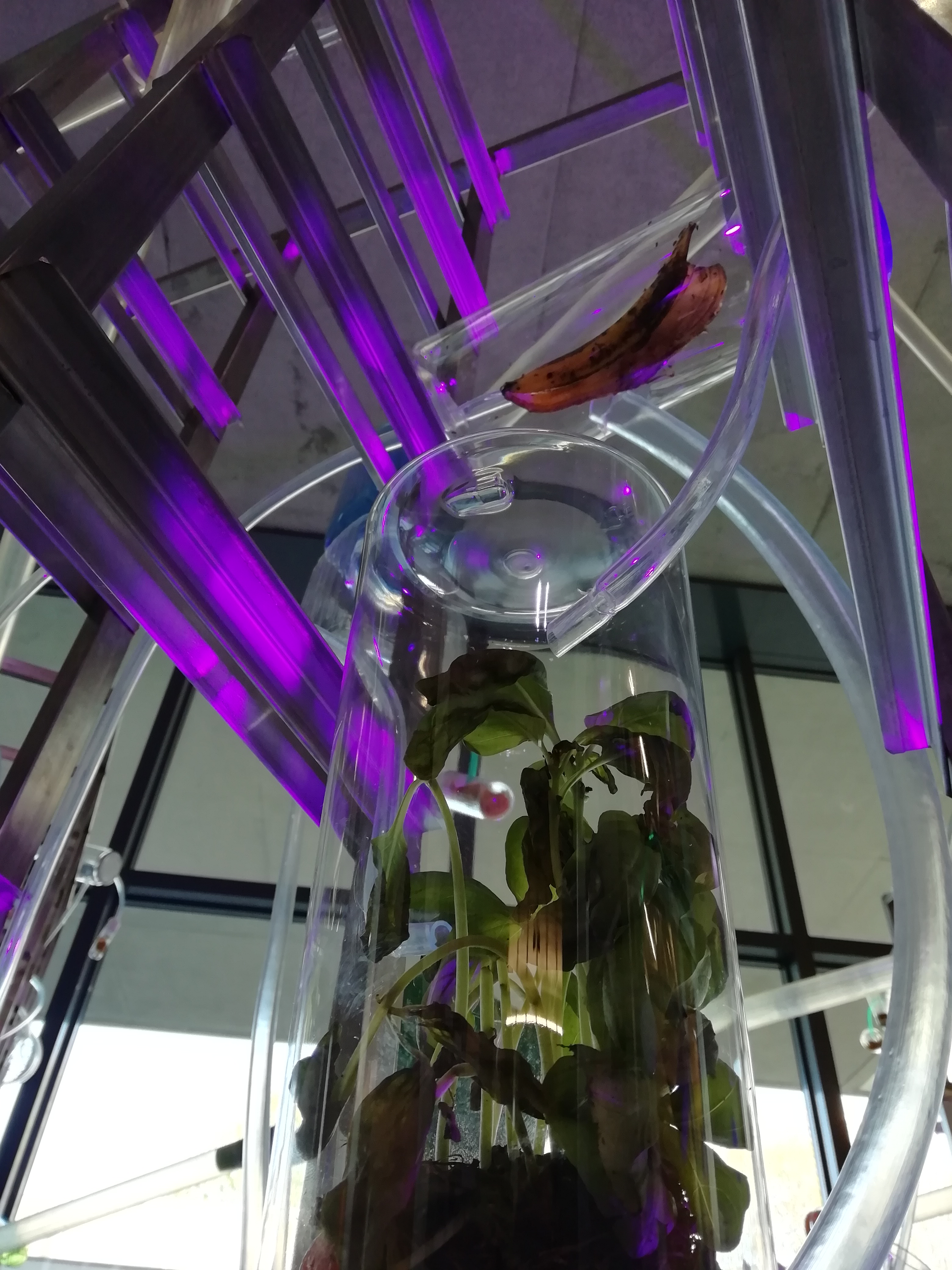
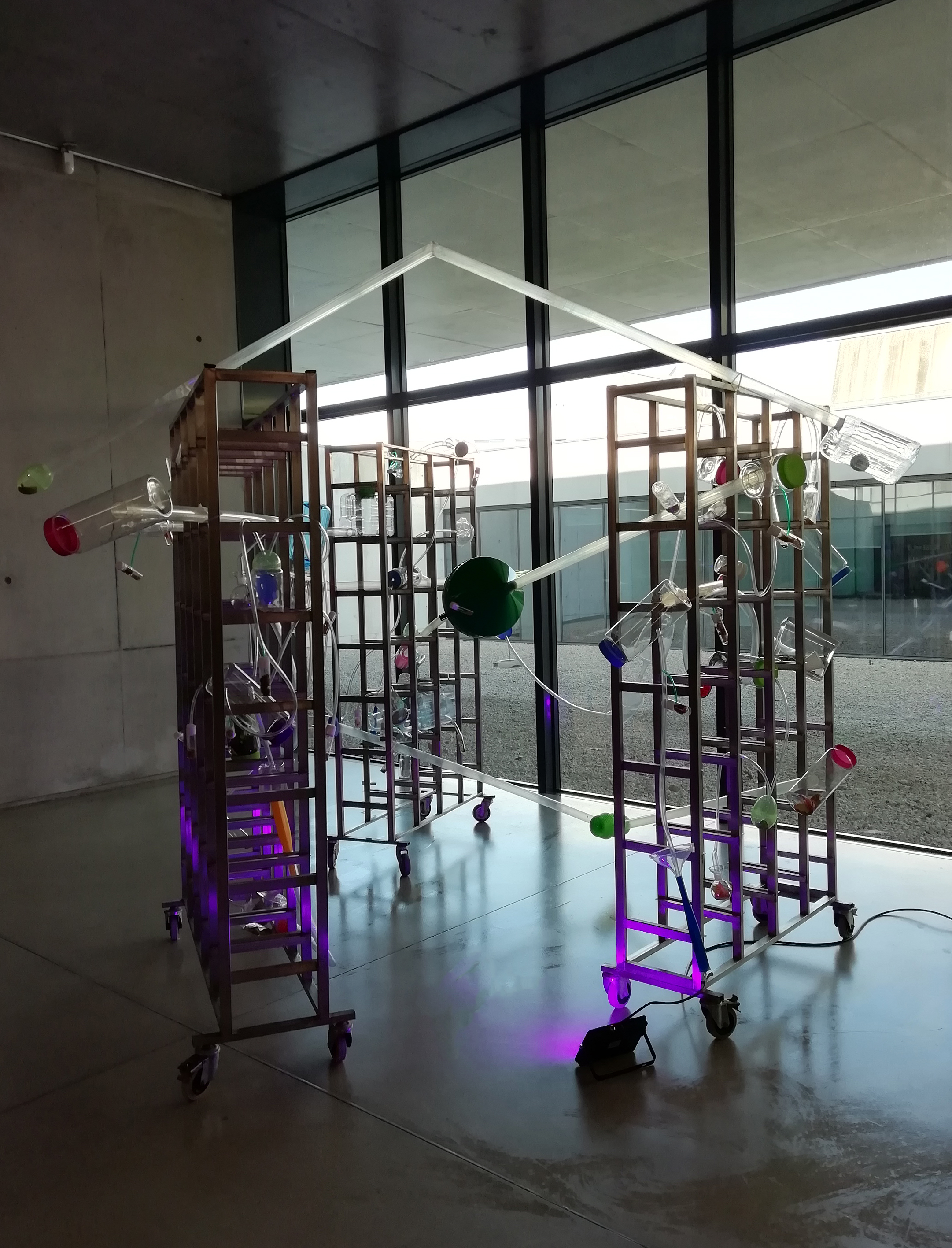

Moscopólis:
ensaio de orientação civilizacional
In agreement with the very structure found within the laboratory, the artists noticed a whole architecture of spatial organization surrounding the fly colonies themselves - comparative to a production factory. They then realized that there were certain parallels to what we, as a society, generally recognized as aspects of civilization's organization [small spaces, in the form of pipettes, in which small "families" live, having as their primary condition reproduction instigated with the exces
s of resources through food, which, in its absence, turns into death. Moscópolis became an essay on the choice and reorientation of these flies.
We were interested in understanding what decisions the drosophila flies would make when faced with new environments, different partners, different foods, and the option to be alone or accompanied. From the local to the global, this project instigates us to think about the architectural orderings themselves, the geopolitical strategic reorientations, which are also thoughts of simulation to domestication, as a rationalization of food, in the right to territory or in the management of the ecology of space. The use of everyday materials proposes to think of its own excess, as well as and, in counterpoint, alters the logic of sophistication and scientific apparatus found in laboratories. Most of the materials we used in this piece were found in the institution's trash.
The project was developed within a scientific institution, which studied drosophila flies for a long period of time for specific reasons regarding the results they wanted.
︎there was no suffering implied
Various recycled plastics, Drosophila flies, iron, recycled tubes, light.
In agreement with the very structure found within the laboratory, the artists noticed a whole architecture of spatial organization surrounding the fly colonies themselves - comparative to a production factory. They then realized that there were certain parallels to what we, as a society, generally recognized as aspects of civilization's organization [small spaces, in the form of pipettes, in which small "families" live, having as their primary condition reproduction instigated with the exces
s of resources through food, which, in its absence, turns into death. Moscópolis became an essay on the choice and reorientation of these flies.
We were interested in understanding what decisions the drosophila flies would make when faced with new environments, different partners, different foods, and the option to be alone or accompanied. From the local to the global, this project instigates us to think about the architectural orderings themselves, the geopolitical strategic reorientations, which are also thoughts of simulation to domestication, as a rationalization of food, in the right to territory or in the management of the ecology of space. The use of everyday materials proposes to think of its own excess, as well as and, in counterpoint, alters the logic of sophistication and scientific apparatus found in laboratories. Most of the materials we used in this piece were found in the institution's trash.
The project was developed within a scientific institution, which studied drosophila flies for a long period of time for specific reasons regarding the results they wanted.
︎there was no suffering implied
Various recycled plastics, Drosophila flies, iron, recycled tubes, light.
2022
Installation
Colaboration with Paulo Bernardino Bastos
Residency
Copraxis
Acknowledgments
Carlos Conde, Nelson Leça, Mariana Gonçalves, Sofia Silva, Augusta Monteiro, Margarida Gonçalves, Mariana Osswald
Hosted on i3s Porto and Ectopia Lisbon
Founded by Garantir Cultura Programme
Colaboration with Paulo Bernardino Bastos
Residency
Copraxis
Acknowledgments
Carlos Conde, Nelson Leça, Mariana Gonçalves, Sofia Silva, Augusta Monteiro, Margarida Gonçalves, Mariana Osswald
Hosted on i3s Porto and Ectopia Lisbon
Founded by Garantir Cultura Programme
Construção Series
The Construction Series artworks depict the artist's upbringing with a father who was a construction worker. By utilizing discovered items, remnants of materials, and tools, the artist narrates her connection with her father and the construction field. These creations mirror the artist's endeavor to reconcile her personal passions with societal gender norms. Additionally, the artworks delve into the notion of identity formation, influenced by our surroundings and interpersonal relationships. Through the use of objects that hold sentimental value to the artist, the works establish a story that is both particular to the artist's experiences and universally relatable.
wood, light, iron, treadmill, textiles, sandpapers
The Construction Series artworks depict the artist's upbringing with a father who was a construction worker. By utilizing discovered items, remnants of materials, and tools, the artist narrates her connection with her father and the construction field. These creations mirror the artist's endeavor to reconcile her personal passions with societal gender norms. Additionally, the artworks delve into the notion of identity formation, influenced by our surroundings and interpersonal relationships. Through the use of objects that hold sentimental value to the artist, the works establish a story that is both particular to the artist's experiences and universally relatable.
wood, light, iron, treadmill, textiles, sandpapers
2017 Installation
List of works
.3.14159265359
.Fuark!!Spasm!!Death!!
.I am Trojan
.Fúria
List of works
.3.14159265359
.Fuark!!Spasm!!Death!!
.I am Trojan
.Fúria
(estou-me) A lixar
"Polishing and vanishing leave only dust; memories fade to nothingness."
This video performance seamlessly incorporates the BodyConstruction Series by having the performer sand her own body in a ritualistic and repetitive manner, mirroring the act of sanding the furniture. The repetitive gesture of sanding creates a pattern of abrasions and roughness that contrasts with the smooth, polished surface of the furniture. This contrast highlights the inherent tactile qualities of the body, emphasizing its organic nature and inviting the viewer to engage with it on a visceral level.
The repetitive and ritualistic nature of the sanding creates a distinct sound that is both abrasive and rhythmic. As the performer sands their body, the sound of the sandpaper against their skin creates a scraping noise that is amplified by the performance space's acoustics.
This sound adds a layer of tension and discomfort to the artwork, emphasizing the physical toll of the sanding on the performer's body.
>acess to full video upon request
"Polishing and vanishing leave only dust; memories fade to nothingness."
This video performance seamlessly incorporates the BodyConstruction Series by having the performer sand her own body in a ritualistic and repetitive manner, mirroring the act of sanding the furniture. The repetitive gesture of sanding creates a pattern of abrasions and roughness that contrasts with the smooth, polished surface of the furniture. This contrast highlights the inherent tactile qualities of the body, emphasizing its organic nature and inviting the viewer to engage with it on a visceral level.
The repetitive and ritualistic nature of the sanding creates a distinct sound that is both abrasive and rhythmic. As the performer sands their body, the sound of the sandpaper against their skin creates a scraping noise that is amplified by the performance space's acoustics.
This sound adds a layer of tension and discomfort to the artwork, emphasizing the physical toll of the sanding on the performer's body.
>acess to full video upon request
2017 Video
Performance
Performance
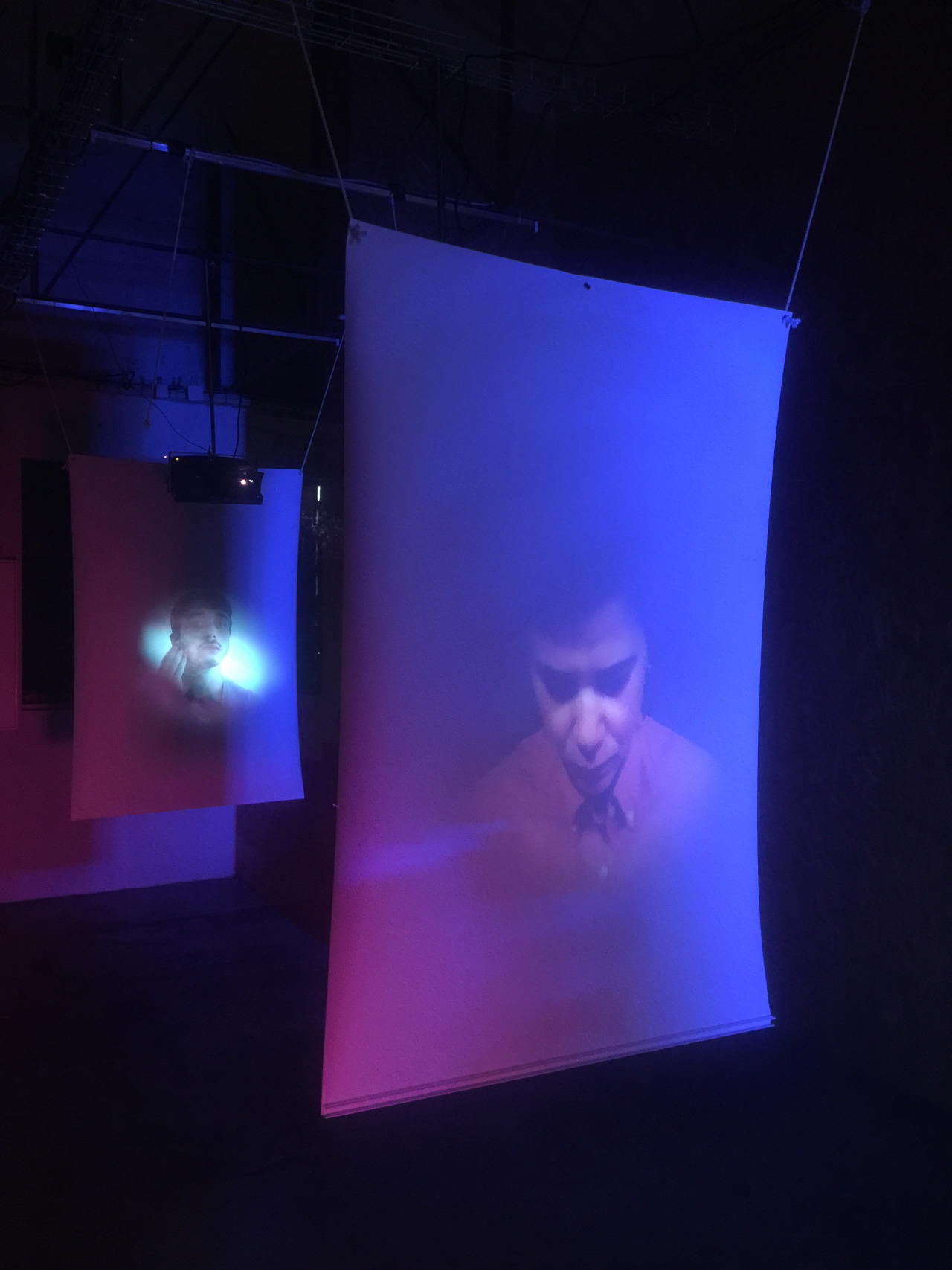

Sinalizações Series
This series delves into the meanings of common space signs and signage. The artwork creates illuminated signs with unconventional meanings or orders, while also exploring light and images in superposition through an installation.
Signs are a means of conveying a message or an order, used to inform, warn, guide, direct, or control people. The signs act as a visual language, a code that helps to communicate messages in a concise and direct way.
Through this artwork, the artist creates a space for reflection on the power of signs and the role they play in our lives. By reimagining common signs with unconventional meanings, the artwork questions the ways in which we use visual language to communicate ideas and messages. The exploration of light and images in superposition further emphasizes this reflection, drawing attention to the ways in which meaning can be layered and complex.
acrylic, light, canvas, iron
2015 Installation
List of works
.CROSSdresser
.Pontos e referências de contenção e fuga

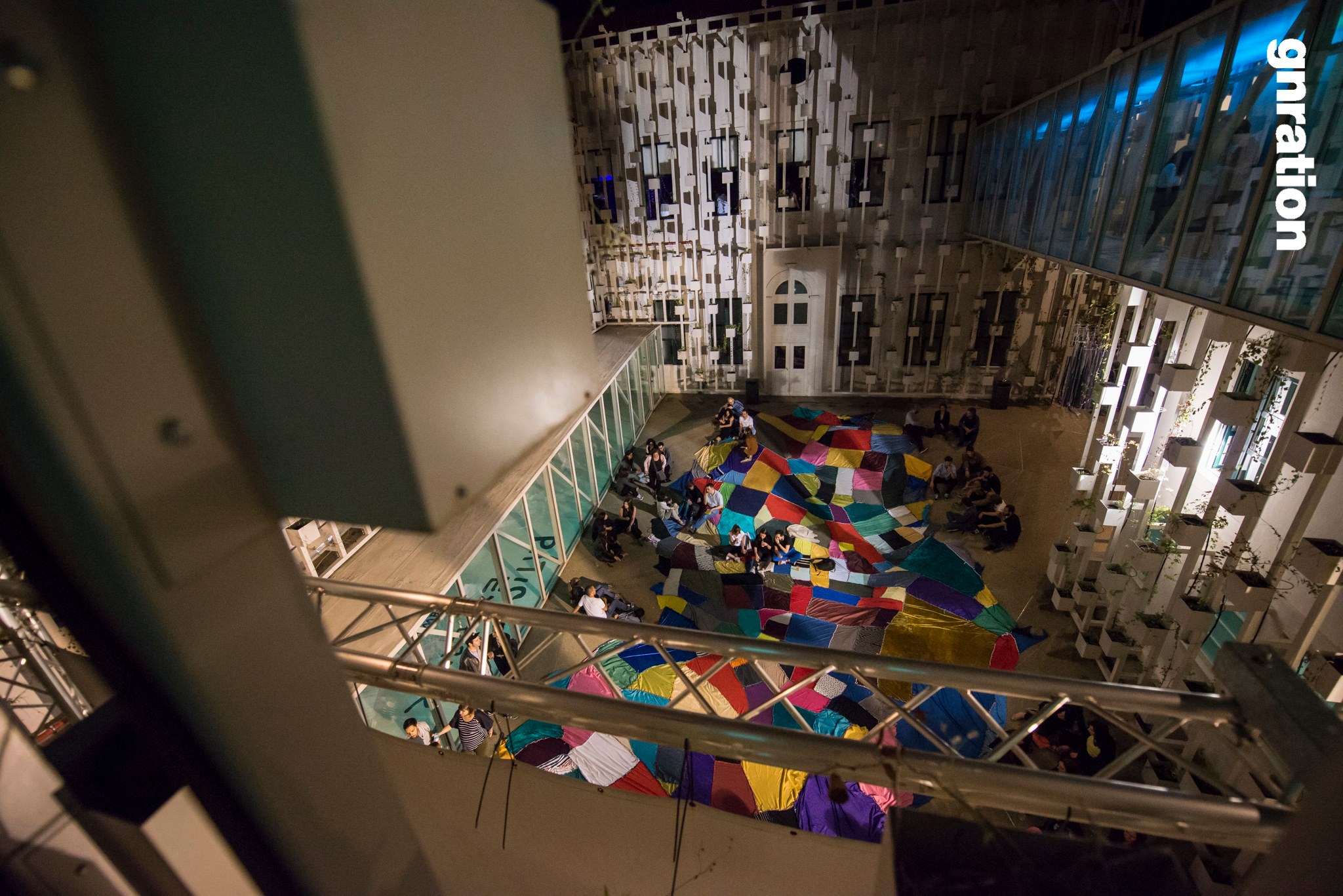
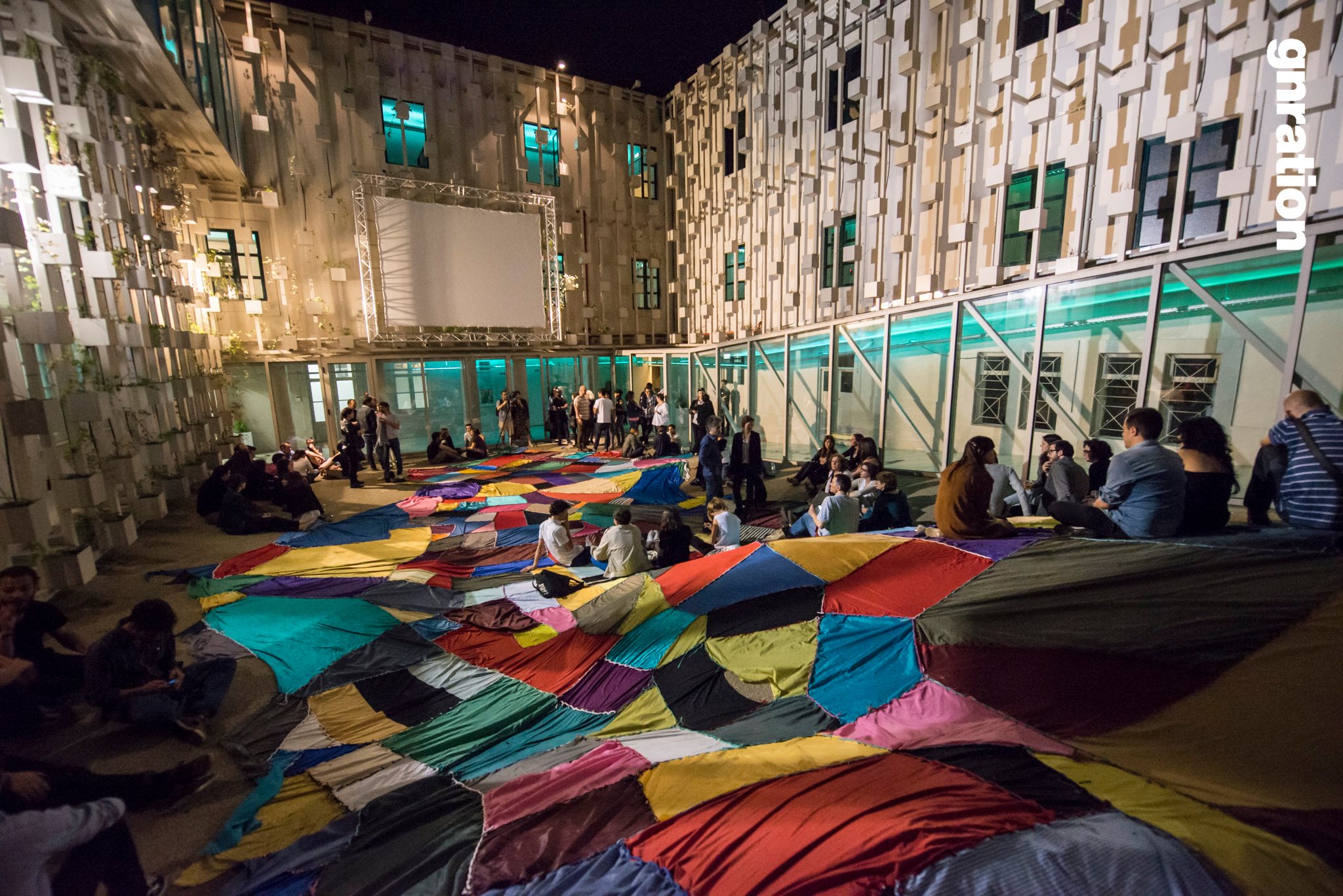

Individual – The Acceptance and Share
This project grew slowly, over two years, shaped by many hands and moments. It began during Serralves em Festa 2014 and continued to evolve inside the exhibition Fora e Dentro do GNRATION. What started as a small gesture became something larger, something shared.
Each person who joined the process added their touch by sewing, connecting, and shaping what was already there. Their participation wasn’t about giving an object, but about offering presence, rhythm, and care.
The work became a meeting place. Every stitch marked a moment of attention, an acceptance of difference, a quiet act of belonging. The growing textile transformed with each encounter, becoming a living surface of shared gestures and silent conversations.
This project grew slowly, over two years, shaped by many hands and moments. It began during Serralves em Festa 2014 and continued to evolve inside the exhibition Fora e Dentro do GNRATION. What started as a small gesture became something larger, something shared.
Each person who joined the process added their touch by sewing, connecting, and shaping what was already there. Their participation wasn’t about giving an object, but about offering presence, rhythm, and care.
The work became a meeting place. Every stitch marked a moment of attention, an acceptance of difference, a quiet act of belonging. The growing textile transformed with each encounter, becoming a living surface of shared gestures and silent conversations.
2014 /15 Participatory installation
Colaboration with Angelina Nogueira
Colaboration with Angelina Nogueira
Pose e Devoção
This publication of graphic combinations between texts taken from the book "As novas cartas Portuguesas" by Maria Isabel Barreno, Maria Teresa Horta, and Maria Velho da Costa. Also, known as the three Maria`s, the collages and experiments sometimes from women`s magazines of the occasion and materials gave origin to graphic composition explorations of the book. The book written by these 3 women, censored by the Portuguese dictatorship explores the role of women in Portuguese society, also touching on various intersecting aspects such as poverty, violence, gender equality, and sexual freedom.
wax, paper, photography, digitalization, hair, collage
This publication of graphic combinations between texts taken from the book "As novas cartas Portuguesas" by Maria Isabel Barreno, Maria Teresa Horta, and Maria Velho da Costa. Also, known as the three Maria`s, the collages and experiments sometimes from women`s magazines of the occasion and materials gave origin to graphic composition explorations of the book. The book written by these 3 women, censored by the Portuguese dictatorship explores the role of women in Portuguese society, also touching on various intersecting aspects such as poverty, violence, gender equality, and sexual freedom.
wax, paper, photography, digitalization, hair, collage
2014 Publication
Artist book award with Posse & Devoção in 3rd Fall Salon of Latin America, Marta Traba Gallery.
São Paulo, Brazil
Artist book award with Posse & Devoção in 3rd Fall Salon of Latin America, Marta Traba Gallery.
São Paulo, Brazil
